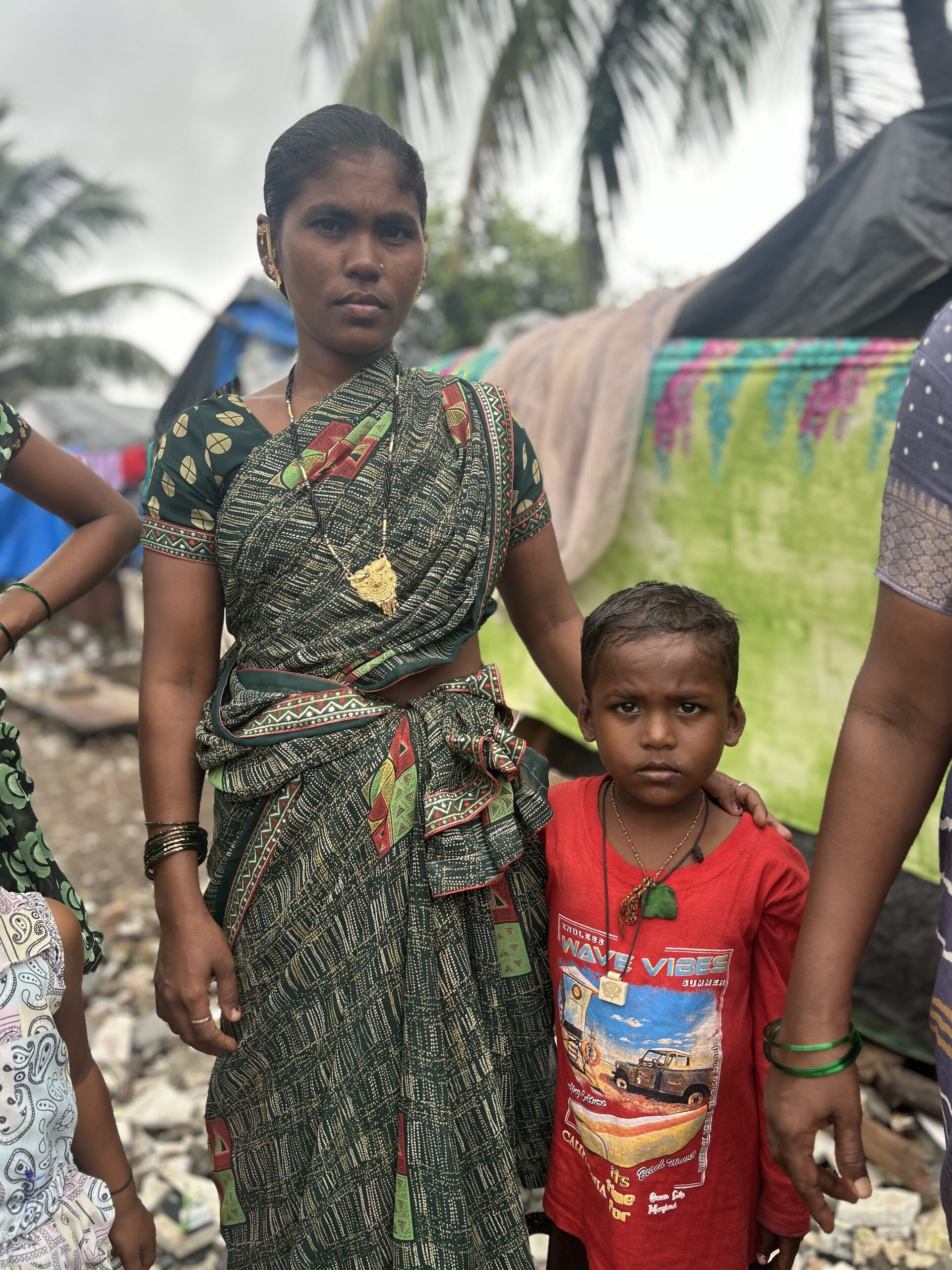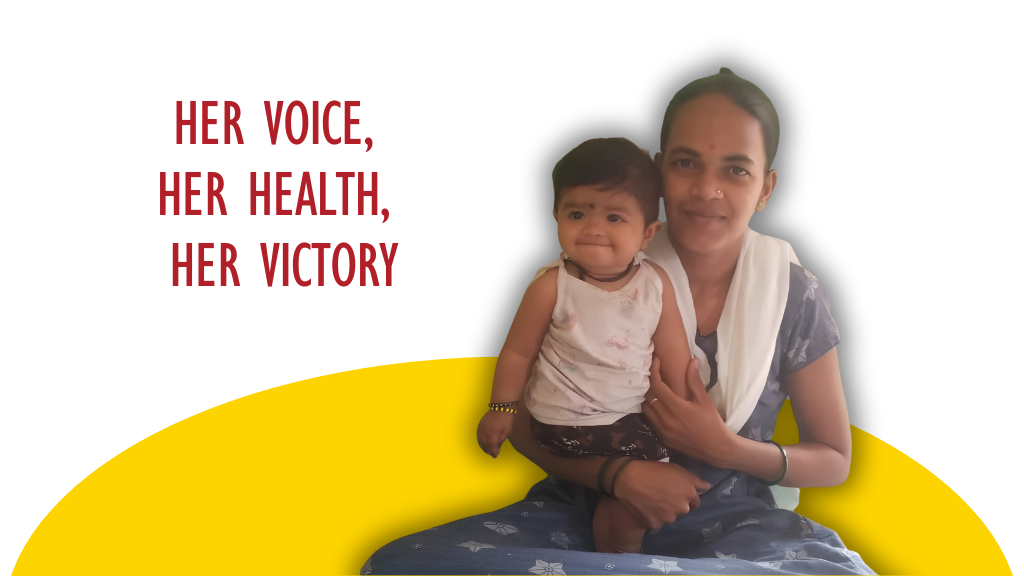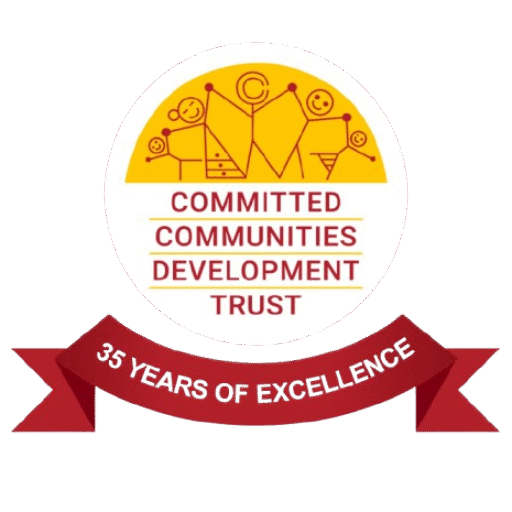Pregnant Women Catered
Children Less Than 2 Years Catered

Healthy Mothers, Thriving Communities
Maternal and infant health is at the core of community well-being. Our pioneering initiative aimed at reducing maternal and infant mortality by strengthening healthcare services, promoting institutional deliveries, and enhancing community awareness.
The program ensures that expectant mothers receive essential prenatal and postnatal care, empowering them with knowledge and resources to make informed healthcare decisions.
What We Offer
We promote holistic maternal and child health through timely care, nutrition support, and strong community engagement, ensuring healthier pregnancies, improved child growth, and empowered frontline workers for sustainable impact.
Identification and follow-up of high-risk pregnancies with timely referrals.
Growth monitoring, nutrition counselling, and management of malnutrition cases.
Immunisation tracking, breastfeeding promotion, and complementary feeding education.
Community mobilisation and capacity building of health workers and volunteers.

Salma Bano, a mother of six from Muslim Nagar, lived most of her life without any control over her own health decisions. In her community, family planning was not a subject for discussion—it was dismissed as unnecessary and even forbidden. Her in-laws believed that more children meant more blessings, while her husband refused to consider any form of contraception.
For 21 years of marriage, Salma lived in a cycle of pregnancy, childbirth, and weakness. She endured two miscarriages, and her last delivery was at home, without medical assistance. She was often exhausted, malnourished, and unwell. Her small, overcrowded home and growing financial struggles only added to her burden. Although she longed for change, fear kept her silent.
Her life began to shift when an Outreach Worker (ORW) from CCDT visited Muslim Nagar, spreading awareness about women’s health and family planning. Identifying Salma as a High-Risk Case due to her poor health and repeated pregnancies, the ORW reached out. Salma listened, but her in-laws opposed family planning outright, and her husband dismissed it as “nonsense.” With health conditions ruling out contraceptive injections or an IUD, Salma felt trapped.
The CCDT team arranged to meet her husband and in-laws. Their aim was to help the family understand Salma’s rights, the impact on her health, and the financial pressures of raising many children. The first meetings were difficult, her mother-in-law refused to listen, and her husband grew angry, even threatening to complain to the community.
But the team persisted. They kept visiting, talking about the education of the children, the financial strain of a large family, and the serious risks to Salma’s health. Slowly, their words began to sink in. Finally, Salma herself broke the silence. Tired of suffering, she told her husband:
“If I keep falling sick, who will take care of our children?”
It was a turning point. With courage, she asked her husband to accompany her to the Urban Health Post. For the first time, Salma made a decision for herself and it changed her life. A few months later, when the CCDT team returned to Muslim Nagar, Salma welcomed them into her home with pride. This time, her husband joined her, offering them tea and sharing that they had begun using contraceptive tablets. Today, Salma is no longer just a wife and mother carrying the weight of expectations. She is a woman who stood up for her health, claimed her right to choose, and discovered her own strength.

Stay Connected. Stay
Inspired.
You can be part of this journey.
Whether by volunteering, donating, or partnering with us, your support helps create a better future for children and families.


Early ANC registration, regular check-ups, and postnatal care awareness.